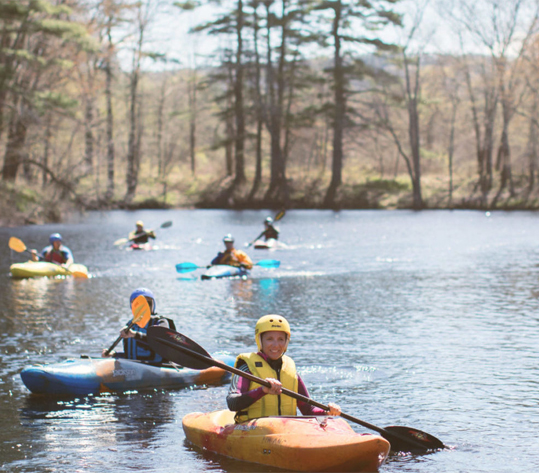

AMC Conservation Priorities
Conservation is in our roots. But it’s not enough to simply safeguard what exists.
Protecting natural resources and outdoor experiences from Maine to Virginia drives everything we do. Our overarching priorities include understanding and addressing climate change; protecting land, air, and water; and creating and caring for trails to foster access to the outdoors.
Climate Change Initiatives
Climate change matters to AMC because it threatens our region’s natural resources, communities, and opportunities to enjoy the outdoors. AMC is engaged in scientific research investigating the impacts of climate change, and we’re committed to reducing its burden by protecting and managing land that sequesters carbon, protects biodiversity, and increases the resilience of landscapes and communities. In addition to supporting public policy to address climate change, we’re committed to reaching “net zero” emissions as an organization by 2050.
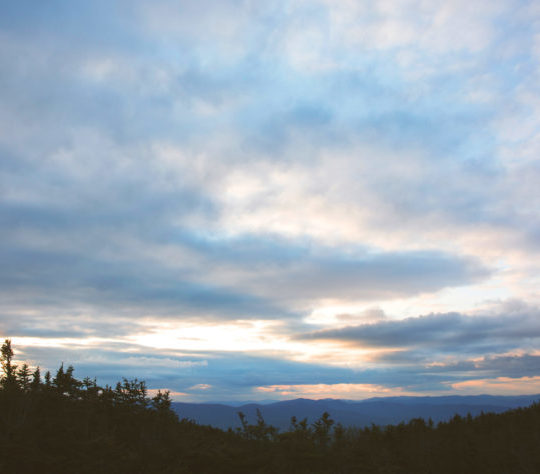

Climate Research
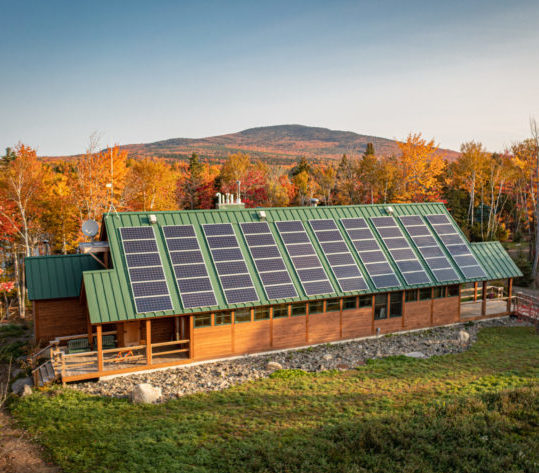

Net Zero Emissions
Land and Trail Initiatives
AMC’s approach to land and trail protection is built on a foundation of our scientific research and more than a century of renowned professional trail building and recreation management. We work to foster access to the outdoors while ensuring that conservation values are upheld. Our Maine Woods locations offer some of the region’s best stargazing as the first and only International Dark Sky Park in New England.


Community Science
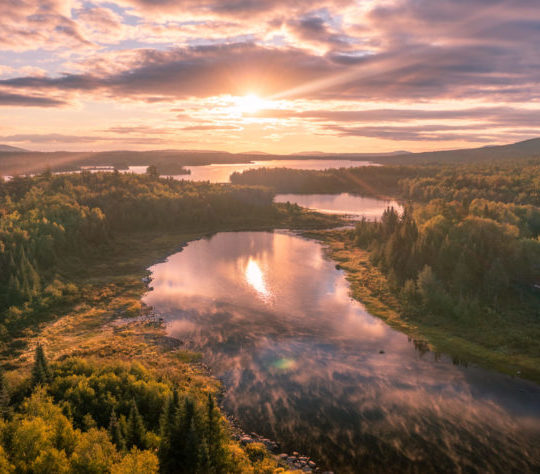


Conservation Funding
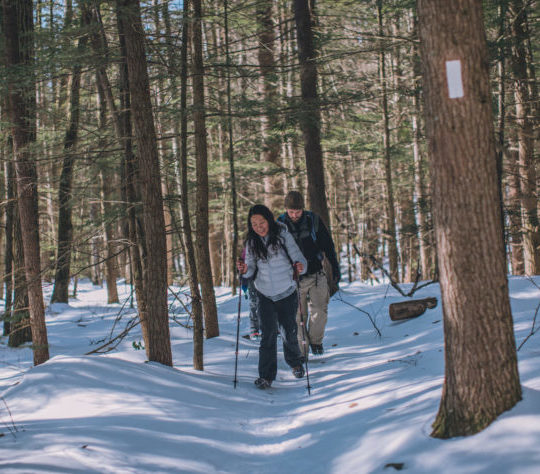

Trail Planning
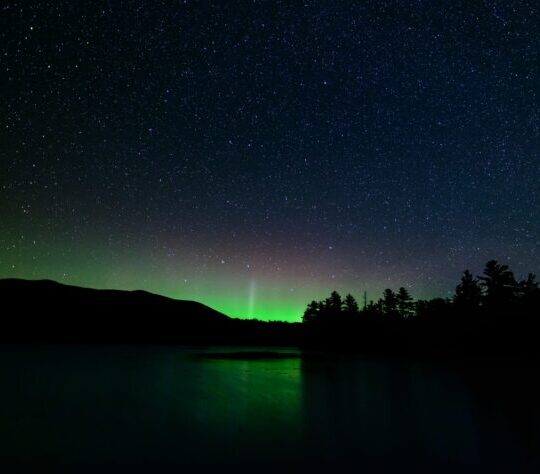

Dark Skies
Forests and Water Initiatives
Guided by science, including research led by AMC, we advocate for the protection of landscapes, watersheds, and ecosystems that people depend on throughout our region. Through our Maine Woods Initiative, we manage over 114,000 acres of land for a combination of resource protection, fish habitat restoration, responsible forestry, outdoor recreation, dark sky conservation, and economic development through community partnerships. Our Forest Stewardship Council® certified forestry projects ensure we’re tackling climate change and conserving land while generating timber, jobs for local communities, and expanded access to backcountry recreation.
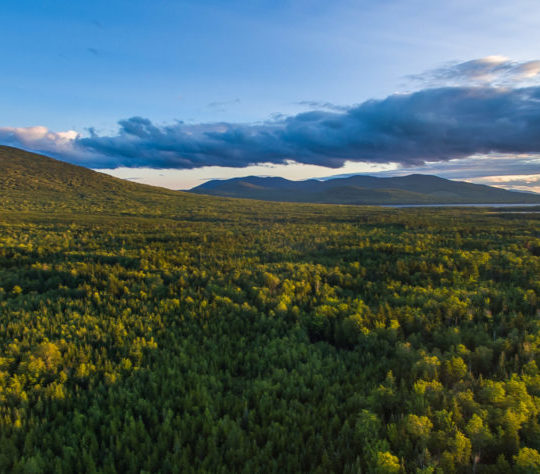

Responsible Forestry



Land Protection
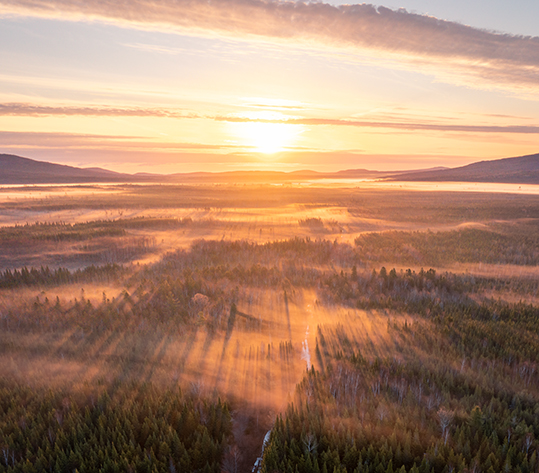

The Barnard Forest
